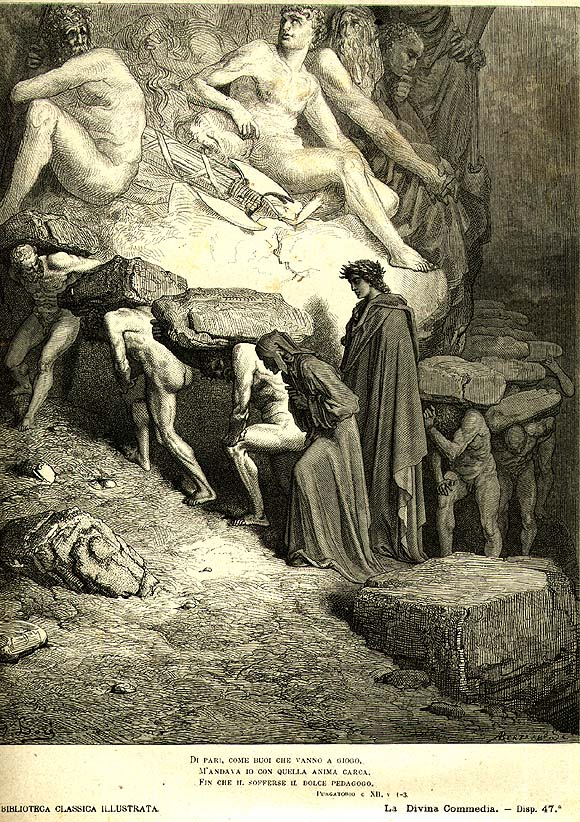“In a word, each man is questioned by life; and he can only answer to life by answering for his own life; to life he can only respond by being responsible.”
Viktor Frankl, 1946, Man’s Search for Meaning

Responsibility is a loaded word, one that many people pull back from.
It is something a lot of people desire to keep at bay as long as possible; a responsibility-free life is often a romanticised image. Why do we wish to avoid taking responsibility? Well, it’s easier in the short-term. It means we can avoid challenges and continue with inconsequential tasks. The foundation of our avoidance however, is the fear that we cannot withstand the weight. We fear that we will collapse under the load. We see what we’re faced with and can’t imagine that we have the strength to hold it. There is reasoning behind why we avoid responsibility, reasoning rife with lacking any sense of self-efficacy. It is however, imperative that we do not shy away from responsibility. We must actually embrace it and accept it willing, at every opportunity.
There’s a very practical reason as to why it’s detrimental to shun responsibility.
Like any weight, the more we take on or the greater the load, the stronger we become. With every willing response, we grow more capable of shouldering responsibilities, burdens, grievances, sorrows- everything. We become stronger in the realest sense. If we spend our lives avoiding responsibility, we never gain that strength. And whether it’s next week, next year or in 30 years’ time, we will be served a burden that only we can bear. It will be something that no one can hold for us, take from us, ease for us; it will be ours and ours alone to carry. When that time comes, the strength we have built from willingly taking on responsibility, will provide us with the ability to carry whatever is sent to us.
“This I choose to do. If there is a price, this I choose to pay. If it is my death, then I choose to die. Where this takes me, there I choose to go. I choose. This I choose to do.”
Terry Pratchett, 2006, Wintersmith
What should we take responsibility for?
That which is a direct consequence of our personal action and behaviour? Yes; but not just. How about taking responsibility for it all? There are some things we have no control over, certain cards we are dealt without rhyme or reason. How can we take responsibility for something we had no cause in? By detaching responsibility from blame, and see it instead as taking control and ownership over our own success. Taking responsibility means shouldering what we have been dealt and accepting a position of authority over where our story goes from here. So, take responsibility for it all, meaning, accept total authority over our fate. Responsibility is about taking control of your life. Stop wasting energy lamenting the injustices of life. It’s old news, everyone knows life isn’t fair. Similar to banging our head off a concrete wall, our lamentations aren’t going to change that fact.
“Even a bad shot is dignified when he accepts a duel.”
G. K. Chesterton, 1908, Orthodoxy
The bottom line is that there is no better option than to take personal responsibility for every aspect of our life.
It is the only way that we can make sure, regardless of the cards we have been dealt, that we are moving in an upward trajectory. Damning gods or villains is like standing in quick sand; stationary at first but ultimately devouring. So, hurry through the mourning of life’s injustices and strap the load on to your back, feel your legs grow stronger and your will become absolute. The heavier the load, the stronger we become. And when that ultimate load that only we can bear arrives at our feet, we will have the strength to carry it. There is no better option.
“If architects want to strengthen a decrepit arch, they increase the load which is laid upon it, for thereby the parts are joined more firmly together.”
Viktor Frankl, 1946, Man’s Search for Meaning




